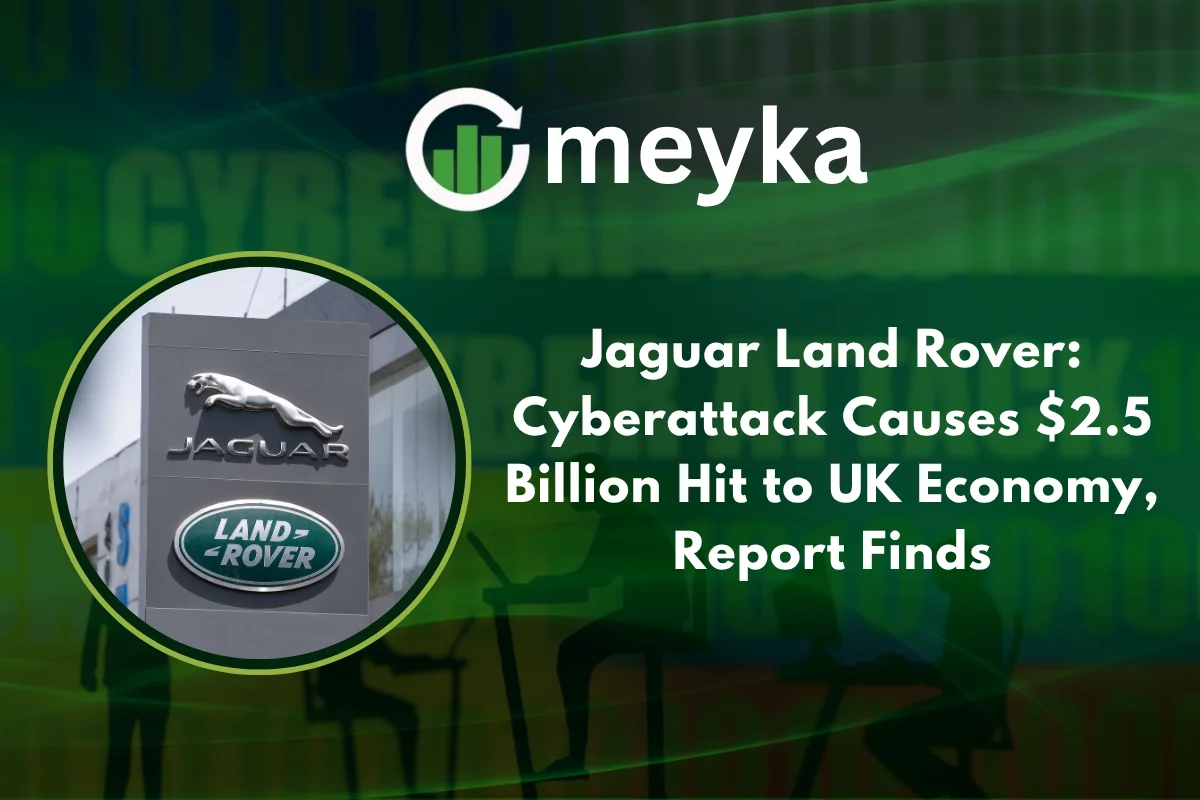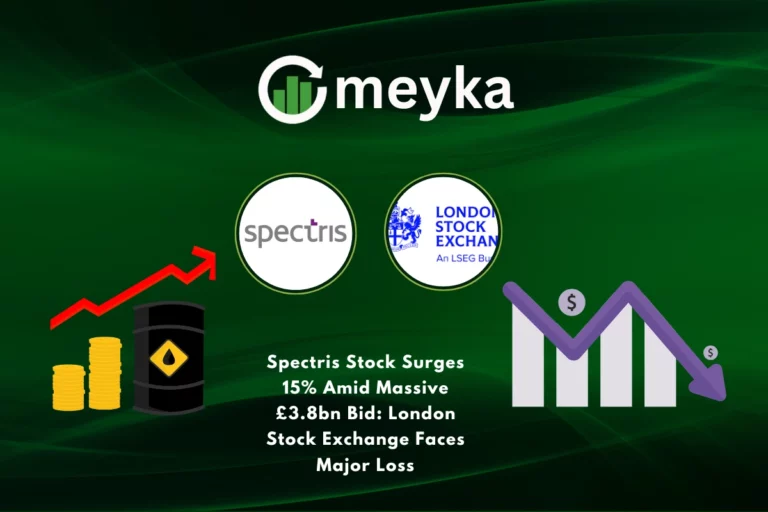Jaguar Land Rover: Cyberattack Causes $2.5 Billion Hit to UK Economy, Report Finds
Jaguar Land Rover (JLR), one of Britain’s most celebrated automotive brands, has been hit by a devastating cyberattack that disrupted production and caused an estimated $2.5 billion loss to the UK economy. The breach halted factory operations, disrupted supply chains, and exposed serious weaknesses in the country’s industrial cybersecurity framework.
The event has not only shaken the automotive industry but also raised deep concerns about how dependent modern manufacturing has become on digital systems.
The Company at the Center of the Crisis
JLR, owned by India’s Tata Motors, is the UK’s largest car manufacturer. The company employs over 30,000 people directly and supports hundreds of thousands indirectly through its supply chain. Its luxury vehicles, including the Range Rover and Jaguar XF, are symbols of British craftsmanship and engineering.
This scale means any disruption to JLR quickly ripples across the economy. When the company’s IT systems went down, production at major UK plants in Solihull, Halewood, and Wolverhampton stopped almost overnight.
The Cyberattack and How It Unfolded
The cyberattack began in early September 2025. According to JLR, a “severe incident” targeted its global IT infrastructure. Production lines, logistics, supplier systems, and even dealership networks were affected.
Cybersecurity experts believe the hackers were part of a group calling themselves Scattered Lapsus$ Hunters, possibly linked to the Scattered Spider and ShinyHunters collectives. The attackers allegedly breached internal systems, stole sensitive data, and forced shutdowns across multiple plants.
UK authorities, including the National Cyber Security Centre, quickly joined the investigation, calling it one of the most damaging industrial cyber incidents in British history.
Economic Fallout: Billions in Losses
The economic cost has been enormous. Analysts estimate that JLR lost £50 million ($67 million) per week during the shutdown. Suppliers across the Midlands and North West reported layoffs and cash-flow crises as orders stopped.
A new study by the Cyber Monitoring Centre estimates the total cost to the UK economy at £1.9 billion (≈ approximately $2.5 billion), taking into account lost output, disrupted logistics, and reduced exports.
The UK government responded swiftly, offering JLR a £1.5 billion emergency loan guarantee to stabilize operations and protect jobs.
Impact on the Stock Market and Investors
While JLR itself is not directly listed on UK exchanges, its parent company, Tata Motors saw heightened volatility. Investors reacted sharply, fearing that prolonged shutdowns could hit global earnings.
For those involved in stock research and AI stocks, the attack serves as a warning. As automakers increasingly rely on AI, robotics, and connected systems, their vulnerability to cyber threats also increases. Digital transformation brings efficiency, but also risk.
The event has triggered a broader reassessment across the stock market, particularly among investors focusing on manufacturing, automation, and technology integration. Firms with heavy digital reliance and weak cyber resilience may face downgrades and valuation pressure.
Supply Chain Shockwave
The effects stretched far beyond JLR’s gates. Hundreds of suppliers reported canceled shipments and halted production. Smaller companies that depend heavily on JLR contracts found themselves facing insolvency.
This supply chain breakdown shows how interlinked the UK’s industrial base has become. When one large manufacturer stops, the impact ripples across multiple sectors, from logistics to parts and energy suppliers.
Government and Policy Response
In Parliament, lawmakers demanded stronger cybersecurity legislation and faster response systems.
The UK government is now considering a national cyber-resilience fund for critical industries, combining public and private resources to safeguard against future attacks. Cyber-insurance reforms and stricter vendor compliance rules are also on the table.
Restart and Recovery
By late October 2025, JLR began phased production restarts, starting with its Wolverhampton engine plant and expanding to Halewood and Solihull. The company is investing millions in new cybersecurity infrastructure, digital backups, and AI-based monitoring tools to prevent another breach.
Despite the challenges, JLR executives have reaffirmed their commitment to their electrification roadmap, which includes upcoming Range Rover EV and Jaguar XJ Electric launches in 2026. The company says its recovery plan will focus on both innovation and resilience.
Broader Lessons for Business and Investors
The Jaguar Land Rover cyberattack highlights several vital lessons:
- Cybersecurity is now a business priority, not a technical afterthought.
- Operational continuity plans must include cyber-attack scenarios.
- Investors should evaluate how companies manage cyber risk within ESG frameworks.
- AI stocks and automation-heavy firms face higher exposure, requiring deeper due diligence during stock research.
For the UK, the attack is a reminder that protecting digital infrastructure is as crucial as safeguarding physical assets.
Conclusion
The JLR hack represents a defining moment in Britain’s industrial and cybersecurity history. A single attack brought the nation’s largest car manufacturer to a standstill, cost billions, and disrupted livelihoods. It underscores how intertwined technology, production, and economic stability have become.
For manufacturers and investors alike, this is a clear signal: resilience equals readiness. Strengthening cybersecurity is no longer optional; it’s the foundation of future growth.
FAQs
The breach has been linked to a hacker group calling itself Scattered Lapsus$ Hunters, believed to be associated with Scattered Spider and ShinyHunters.
Reports from the Cyber Monitoring Centre estimate the total economic cost at £1.9 billion (≈ $2.5 billion), factoring in lost productivity, supply chain disruption, and job impacts.
The company has resumed production in phases, enhanced its cybersecurity systems, and introduced new digital safety measures to protect operations and supplier networks.
Disclaimer:
The content shared by Meyka AI PTY LTD is solely for research and informational purposes. Meyka is not a financial advisory service, and the information provided should not be considered investment or trading advice.






